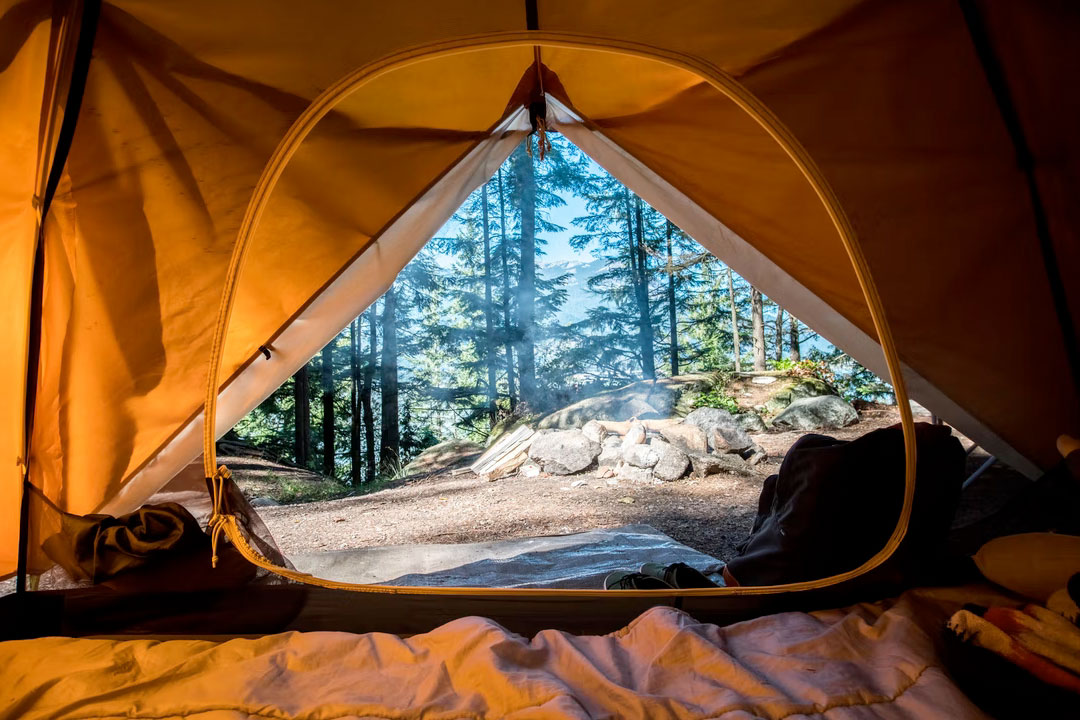

Albert Newton
Smart tips for a camping trip
When you're planning a camping trip, one of the first things you need to consider is who you'll be spending time with in the great outdoors. If it's just you or your family, the next step isn't quite as important. However, if you're taking a scout troop or a group of friends, read on carefully.
One of the best things about camping is that it gives you a chance to bond with nature and experience all the beauty and wonder that the world has to offer. But in order to truly enjoy your time out in nature, it's important to be prepared and know what you're doing. That's why it's essential to choose your fellow campers wisely.
If you're going on a camping trip with a group of friends, make sure that everyone is on the same page in terms of what they're looking for in an adventure. Are you all looking to rough it and really get back to nature, or are you hoping to find a more comfortable camping option with amenities like electricity and running water? Once you know what everyone's expectations are, you can start planning your perfect camping trip.
If you're taking a scout troop camping, it's important to consider the ages and abilities of all the members. You'll need to make sure that everyone will be able to safely participate in activities and that no one will get bored. Choose a campsite that offers a variety of activities so that there's something for everyone to do, and make sure to pack plenty of food and water.
No matter who you're going camping with, the most important thing is to have a great time and create lasting memories. So choose your companions wisely, and get ready for an adventure in the great outdoors.
• Choose a comfortable tent that's big enough for everyone in your group. Make sure to also pack a footprint and stakes.
• Sleeping bags and pads are essential for a comfortable night's sleep. Don't forget to pack a camping pillow!
• When camping, always plan for bad weather. Check the forecast in advance and be prepared for rain or cold temperatures.
• Headlamps or flashlights are key for nighttime activities or emergencies. Be sure to pack extra batteries just in case.
• Plan your activities in advance. This will help you make the most of your time outdoors and avoid disappointment if the weather isn't ideal.
• Look out for camping sales. You can often find great deals on tents, sleeping bags and other camping equipment.
• Take a first aid kit. This is essential for any outdoor activity, but especially camping where you may be miles from help if something goes wrong.
• Use a packing list before setting off. This will help you make sure you haven't forgotten anything important.
• Don't pitch up under a tree. This can be dangerous in case of high winds or falling branches. Choose a clear, open spot for your tent instead.
• Plan your route and make a list of all the supplies you'll need for your camping trip. This includes food, water, shelter, and clothing.
• Choose your campsite wisely – If you’re car camping, make sure to pick a spot that’s close to the amenities you’ll need (like water and bathrooms). If you’re backpacking, pick a spot that’s not too far from the trailhead.
• Bring enough water – Many campgrounds have drinkable water, but it’s always a good idea to bring your own just in case. And if you’re hiking to your campsite, make sure to bring enough water for the entire trip.
• Pack food that won’t spoil – When packing food for your camping trip, choose items that don’t need to be refrigerated and that won’t spoil easily. This way, you won’t have to worry about keeping your food cold or dealing with spoiled food.
• Leave no trace – When you’re finished camping, make sure to leave your campsite the way you found it (or even better). This means packing out all of your trash, and not disturbing any natural features of the area.
There's nothing wrong with being over-prepared. When camping, it's better to have too much gear than not enough.
Albert Newton
A beautiful mind